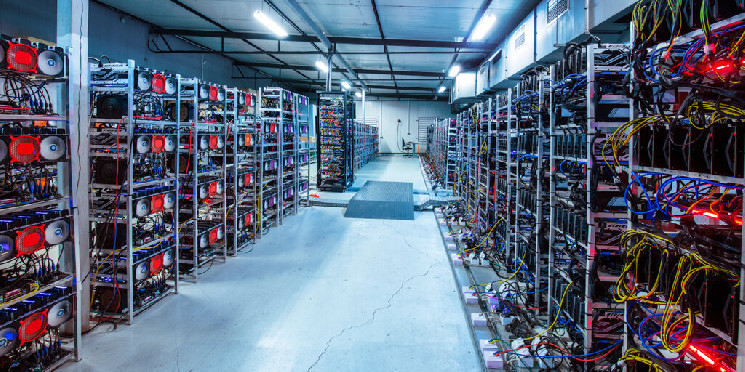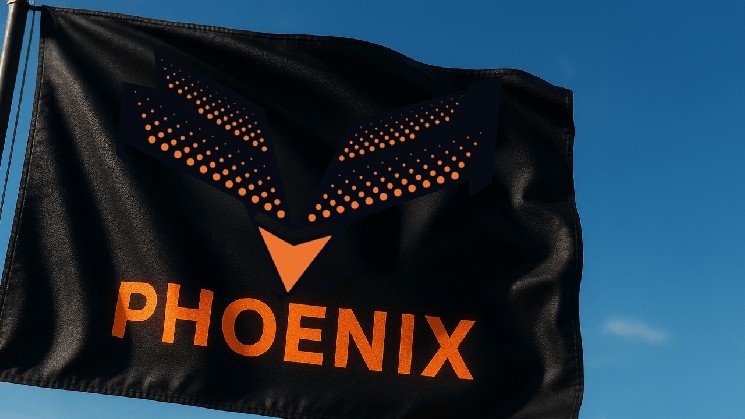Bitcoin Mining Difficulty Drops Amid Cryptocurrency Price Fall, But Should Rise Again
 Bitcoin mining has become less difficult amid the recent decline in cryptocurrency markets, but experts in the field are confident that this trend is unlikely to continue.
Bitcoin mining has become less difficult amid the recent decline in cryptocurrency markets, but experts in the field are confident that this trend is unlikely to continue.
Network difficulty fell on Sunday from more than 114 trillion to 110.5 trillion, according to data from data provider CoinWarz . The decline came as the value of Bitcoin plummeted . On Wednesday afternoon, BTC traded below $83,000 for the first time since early November, according to data from crypto data provider CoinGecko.
Reducing mining difficulty during bear markets is common. When prices fall and demand for assets decreases, some companies may reduce their mining capacity by turning off devices to save energy. The recent drop also coincided with a harsh winter in many parts of the United States, which led to higher energy prices.
When markets are healthy, the mining network grows, increasing the difficulty. Over the course of Bitcoin’s 16-year history, the difficulty has increased significantly as the growing network requires more computing power and energy. This metric is important because its increase indicates that the network is becoming more secure.
“Energy costs in the U.S. are increasing due to winter conditions,” Nick Hansen, CEO and co-founder of mining pool Luxor, told Decrypt . “Energy demand is increasing, which is driving up [mining] prices.”
He added that “a combination of higher overall energy costs and a general drop in prices” had led some miners to scale back their operations more than usual.
Bitcoin Mining Reset
Curtis Harris, senior director of growth at Compass Mining, said the recent “minor pullback could be a sign of a reset as miners adapt to” the Bitcoin drop “while managing energy costs, infrastructure limitations, and slower adoption of next-generation hardware.”
Mining difficulty reached new records in January, when Bitcoin set a new price high of over $108,000.
Miners, large industrial groups of computers that are rewarded in BTC for processing transactions on the blockchain, often rejoice in short-term difficulty drops because they make transactions easier and more profitable. The problem is that the price of BTC has plummeted, Ro Shirole, chief business officer at BlockMetrix, told Decrypt .
“The network shrink helps [miners], but the price drop is outpacing the network shrink,” he added, noting that miners only rejoiced for “about five minutes.”
Bitcoin's mining difficulty is adjusted after every 2,016 blocks. This happens on average every two weeks. A difficulty of 110.5 trillion means that mining the asset is now 110.5 trillion times harder than it was when the first block was mined in 2009.
However, the recent difficulty reduction is unlikely to last long, Scott Norris, CEO of independent Bitcoin miner Optiminer, told Decrypt , emphasizing that operations in North America are expanding and therefore the network will grow.
“Miners may be enjoying lower prices at the moment,” he said, “but prices will soon start to rise.”
Edited by James Rubin
Source: cryptonews.net



